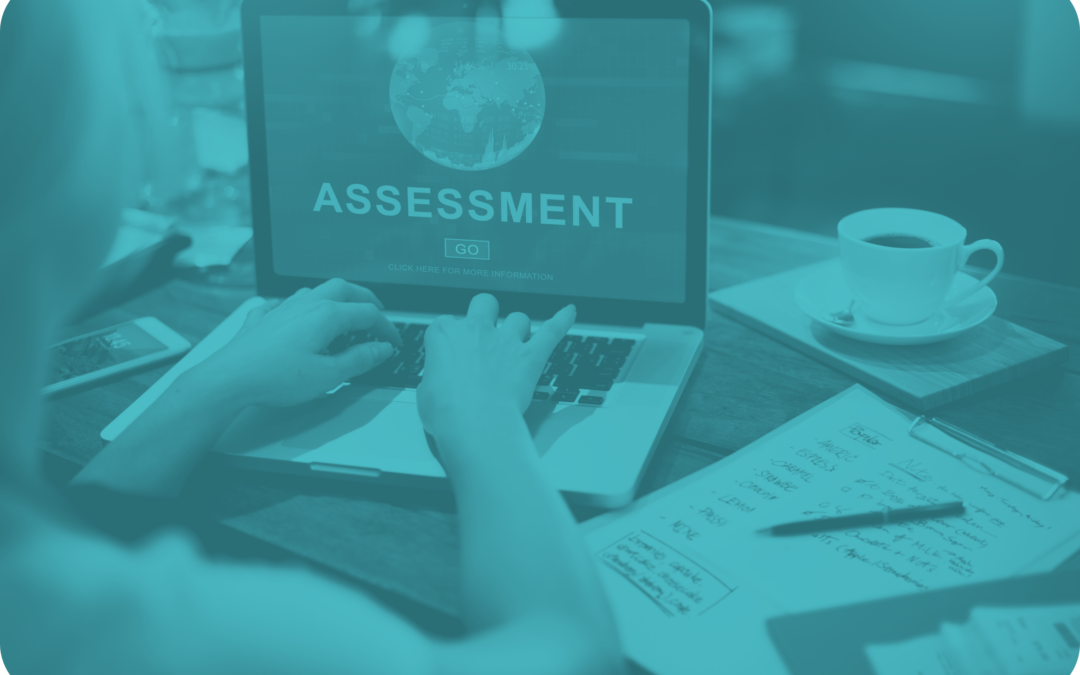
by Julie Moore | Jul 21, 2016 | Hiring
Do you have the information you need to make the best hiring decision? As industry landscapes continue to shift, the requirements and expectations surrounding successful team roles are evolving. Even if you consistently receive top-notch resumes and stellar...

by Julie Moore | Jul 14, 2016 | Hiring
Hiring is expensive. Bad hiring is even worse. Currently, a search of “the cost of bad hiring” returns more than 36 million results in just over 60 seconds. Plenty of helpful articles have been written on the topic. If you haven’t done any reading on this, allow...

by Julie Moore | Jul 5, 2016 | Management
There's something powerful about using job assessments in your organization—especially if you can tap into the right information at the right time. Like that one time you hired the candidate who had the stellar interview and you just knew they were going to be a...

by Julie Moore | Mar 18, 2015 | Management
An important concept to understand when taking the StrengthsFinder 2.0 assessment is understanding the difference between a talent and a strength. The organization (Gallup) that created the StrengthsFinder 2.0 assessment defines both: Talent: a natural way of...

by Julie Moore | Mar 11, 2015 | Management
If you have taken the StrengthsFinder 2.0 assessment, you have a Top 5 list. But is this list your Top 5 strengths or talents? What is the difference? Gallup--the organization that created the StrengthsFinder 2.0 assessment--defines both: Talent: a natural way of...

by Julie Moore | Feb 12, 2015 | MAP Theory
Sensing is one of the 4 basic functions in Myers & Briggs personality theory. Referring to the way a person prefers to take in information, it is the opposite of iNtuition and simply means that the person prefers to pay more attention to data taken in through the...

by Julie Moore | Feb 11, 2015 | MAP Theory
Everyone has feelings. Some are more expressive. Others are more reserved. But everyone has feelings. In Myers & Briggs terms, the Feeling function simply means there is a preference in making decisions by considering what the people involved in the situation care...

by Julie Moore | Jan 28, 2015 | Management
This is our final post in our series on 4 DISC traits every manager should know. Today, we’ll take a look at the High C. If you have a High D, High I or High S on your team, don’t miss our previous posts where we looked at the common characteristics of...

by Julie Moore | Jan 15, 2015 | Management
This post is the third in a series of four. Today we will take a look at the characteristics of the high S’s on your team. If you missed it, be sure to familiarize yourself with the characteristics of the high D’s and high I’s, too! For those...

by Julie Moore | Jan 14, 2015 | Management
This post is the second in a series of four. Today we will take a look at the characteristics of the high I’s on your team. If you missed it, be sure to familiarize yourself with the characteristics of the high D’s, too! For those highest in the Influence...










